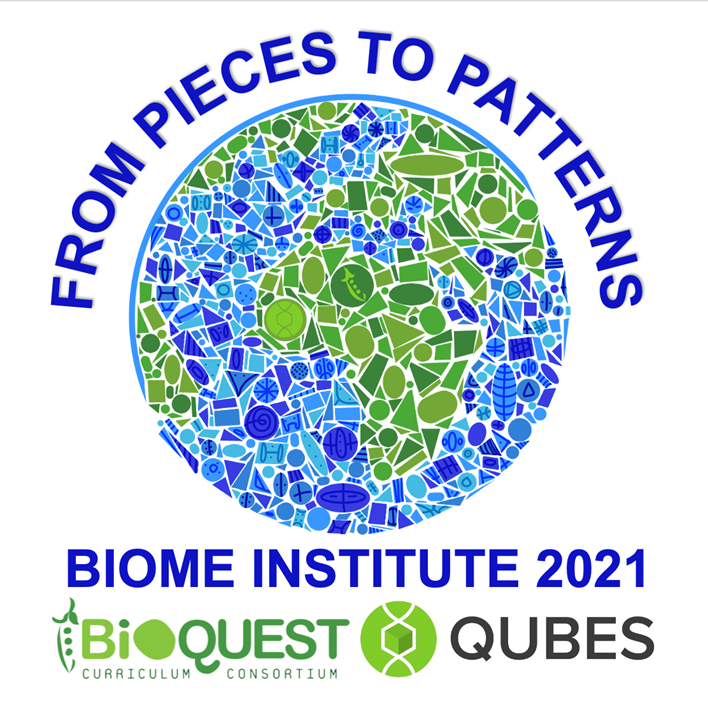Integrating Social Justice into your STEM Classroom: Redlining & Health
Author(s): Mary Mulcahy1, Ethell Vereen2, Marci Cole Ekberg3, Jennifer Kovacs4, Durrain Ansari-Yan5, Tamara Basham6, Mackenzie Boyer7, Matthew Joshua Heard8, Adriane Clark Jones9, Shannon Jones10, Erica Lannan11, Pat Marsteller12, Denise Piechnik1, Sarah Prescott13, Gustavo Requena Santos14
1. University of Pittsburgh at Bradford 2. Morehouse College 3. Diablo Valley College 4. Agnes Scott College 5. Diablo Valley college 6. Collin County Commuity College District 7. Arizona State University 8. Winthrop University 9. Mount Saint Mary's University 10. University of Richmond 11. Prairie State College 12. Emory University 13. University of New Hampshire 14. Science Yourself
1228 total view(s), 192 download(s)
Description
By intentionally incorporating social justice activities and conversations in your classroom, you afford your students opportunities to engage in authentic examinations of their world and to make positive changes. This spring, our Faculty Mentoring Network (FMN) created models for introducing social justice issues into a variety of classes (introductory to upper-level STEM majors, non-STEM majors, and first-year experience). In this interactive workshop, our FMN members will discuss promises and pitfalls of design and integration for activities that they developed. Maximizing interactivity in smaller breakout groups, participants will be able to gain hands-on experience with some of the tools that can be used to explore social justice issues in STEM classrooms. Participants will also be encouraged to consider and provided guidance for adapting the presented tools and activities within their own communities. This workshop is one of two that use the historical practice of redlining as a gateway to discussing social justice issues in STEM courses. This second workshop introduces redlining in the context of health, and a complementary workshop is offered that focuses on redlining in the context of environmental science. Participants are encouraged to attend both workshops, as the two will discuss different tools and educational resources.
Notes
author was missed in original version. This was entirely Mary Mulcahy's mistake. Apologies!
Cite this work
Researchers should cite this work as follows:
- Mary Mulcahy, Ethell Vereen, Marci Cole Ekberg, Jennifer Kovacs, Durrain Ansari-Yan, Tamara Basham, Mackenzie Boyer, Matthew Joshua Heard, Adriane Clark Jones, Shannon Jones, Erica Lannan, Pat Marsteller, Piechnik, D., Sarah Prescott, Gustavo Requena Santos (2022). Integrating Social Justice into your STEM Classroom: Redlining & Health. 2021 Biology and Mathematics Educators (BIOME) Institute, (Version 2.0). QUBES Educational Resources. doi:10.25334/S97D-E506
